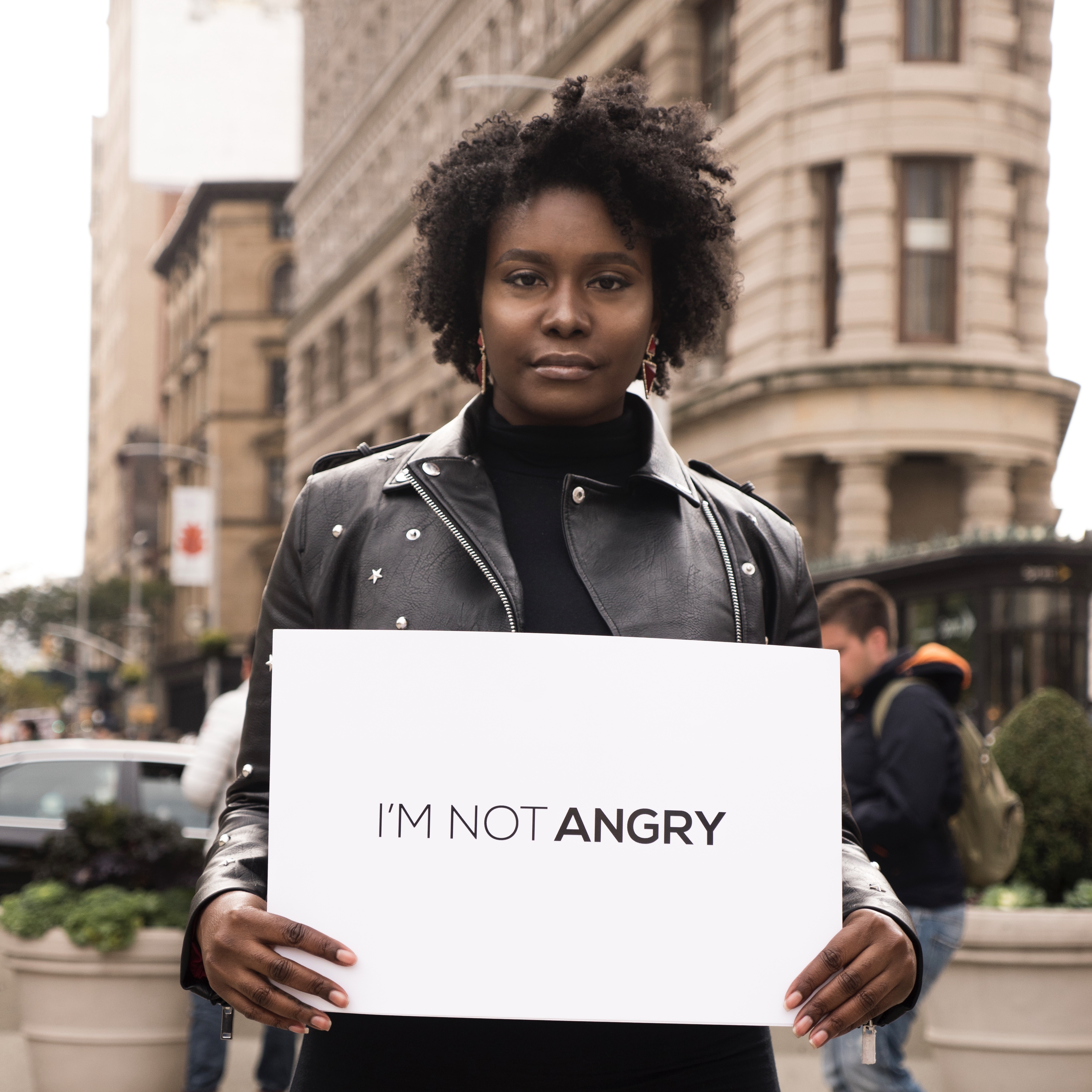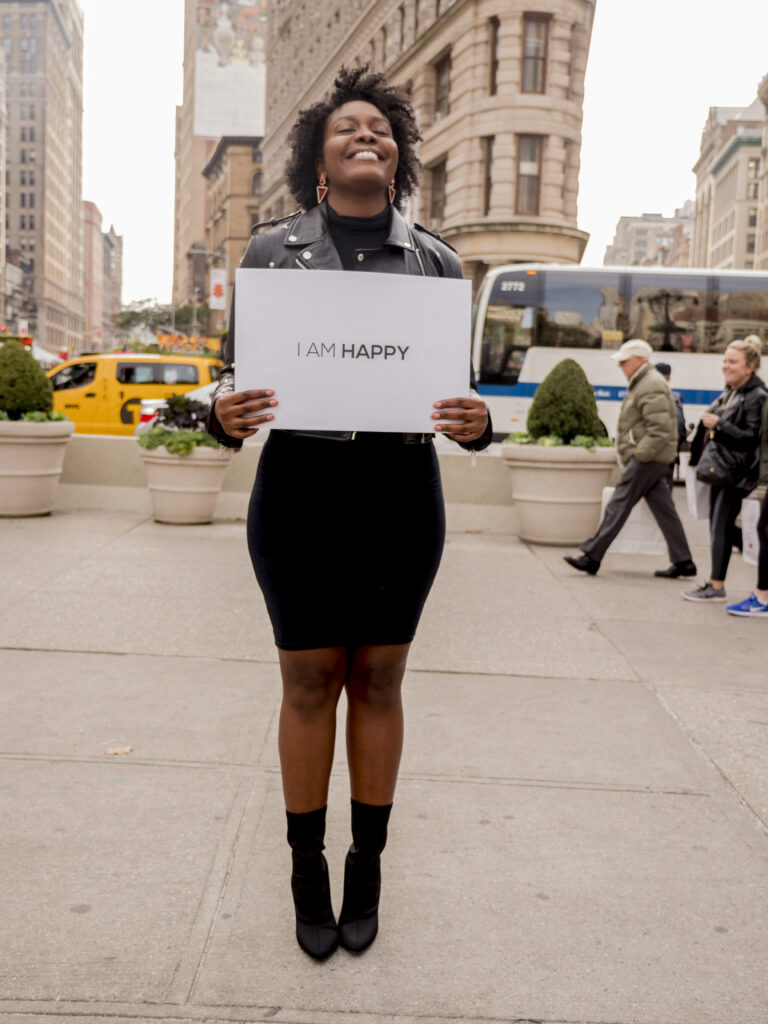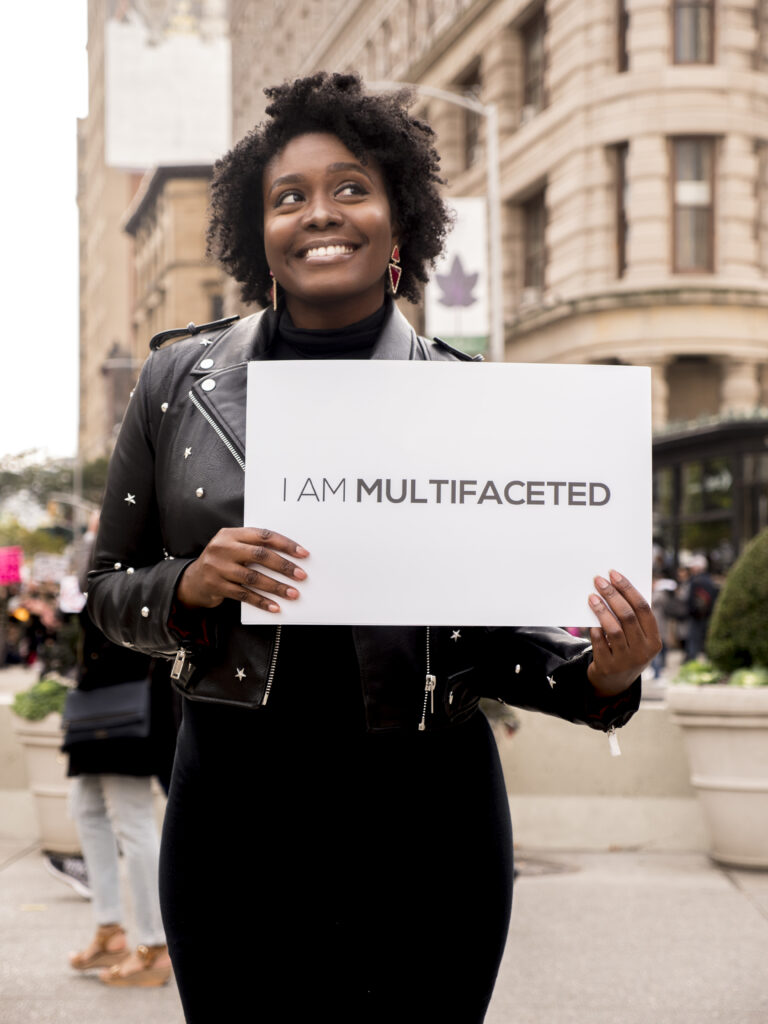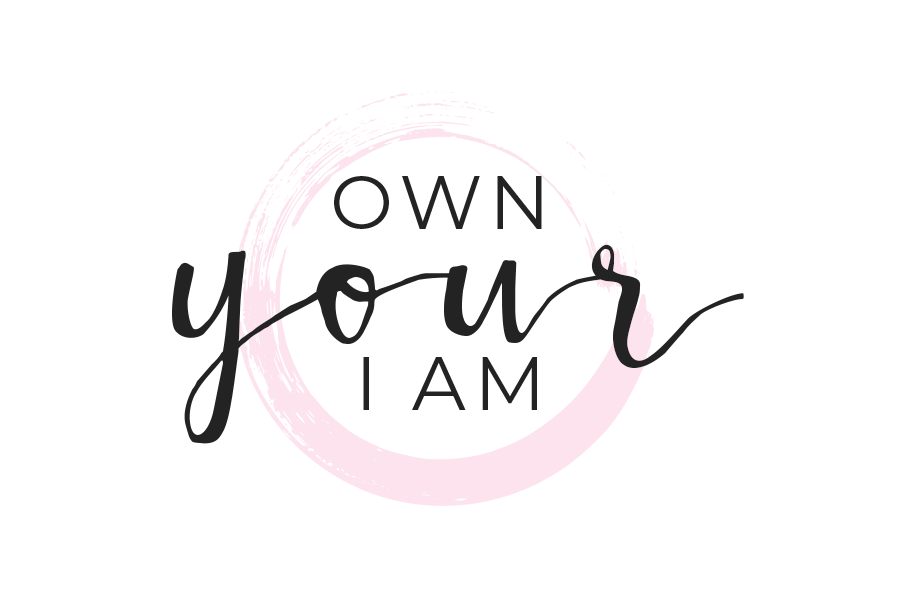
28 May LATASHA
When did you first realize colorism existed?What are your experiences with colorism? What happened? I realized colorism existed when watching TV with my Dad in first grade. He asked me if I noticed the colors of all the actors on TV, who were white. I cried that there weren’t any Black people on TV. A few years later, about age 9, my mother, a light skinned woman, screamed at the TV that all the Black love interests were light skinned. In my late twenties, I realized my Black male friends were chasing Latinas and light skinned Black girlfriends. I was always the “homegirl”, and I played my role. Usually lusted for, never desired.
How do you feel about your color as it relates to your experiences? I know my color will permit my creative path to go slower than others, but I’m still going to hit my goals. I don’t think of my color as a hinderance, especially with the rise of loving darker Black skin tones in our millennial beauty culture. Thank you, Fenty! I’m banking on me.

What does colorism look like today? The boys are still going up for “exoticals”, “foreigns”, and “red bones”. They threaten us Black women with not being chosen because more White girls are shaping themselves to look like us and putting on dad caps with acrylic tips. The jokes against Dark skinned women still persist. Cash Doll would be a much bigger deal right now if she were light. Ashley Akunna of The Grapevine TV would have stuck gold by now if she were light with loose curls. We still see these things.
What do you feel can be done to combat colorism? Everyone has to play their part: put pressure on brands to hire dark women. Check men’s colorism. Check your light skinned friend’s colorism. Tell the Latinx women that we aren’t bitter because she has a Black guy. Post Dark Women and increase their visibility. And lastly, protect them.


Sorry, the comment form is closed at this time.